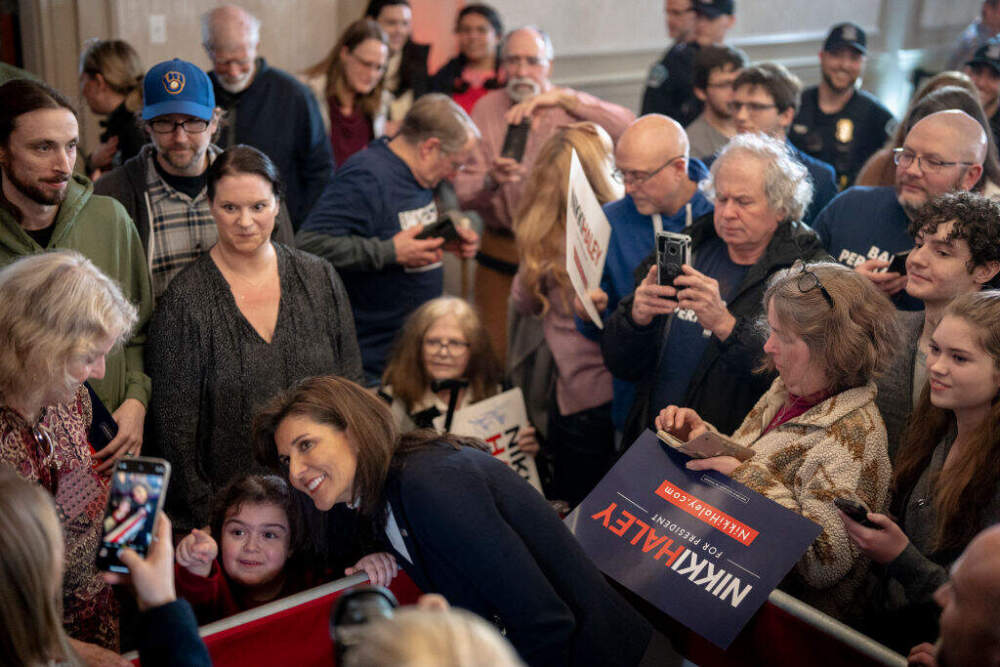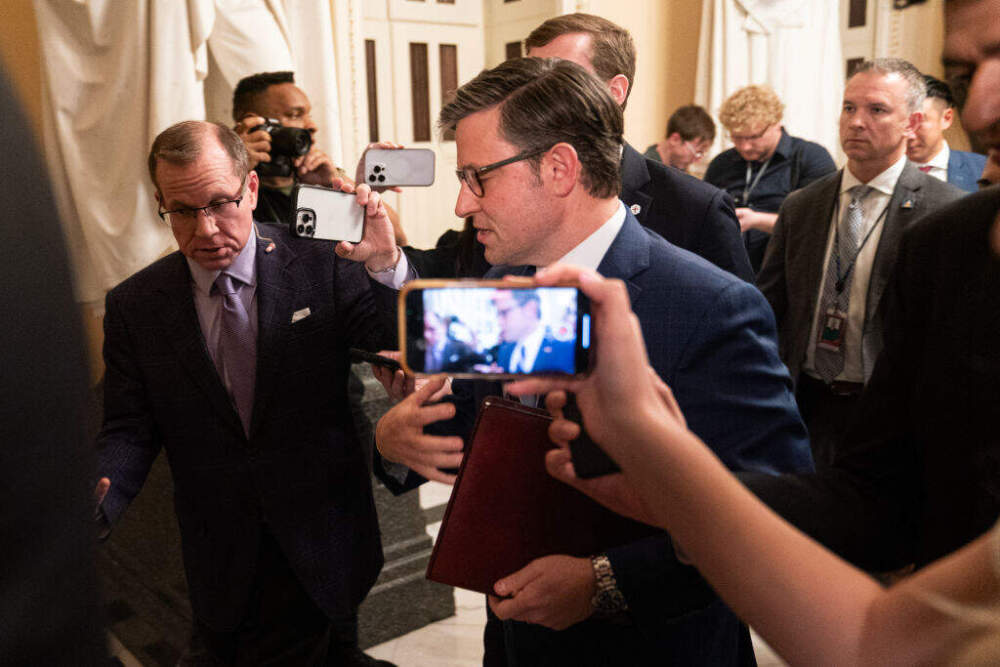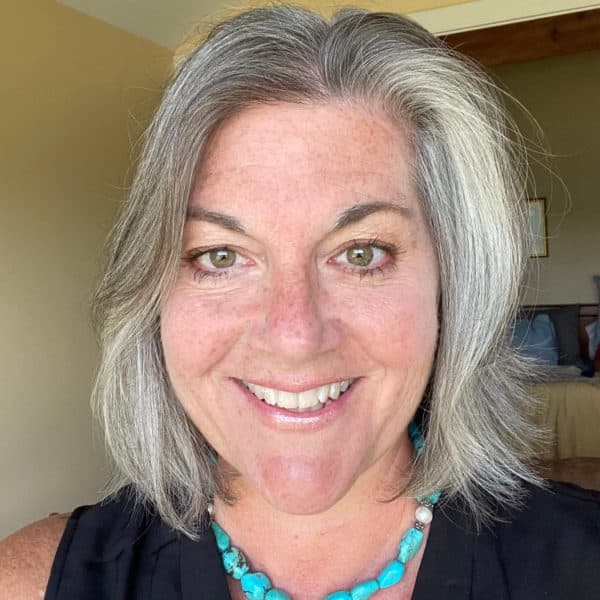Advertisement
Commentary
It’s Super Tuesday. Focus on the race, not the wreck

It wasn’t so long ago that political veterans like me felt their hearts racing as Super Tuesday approached. If Iowa, New Hampshire, South Carolina and a smattering of other early voting states had yet to determine the nominees in the general election, then Super Tuesday — with its avalanche of races in 16 states spread from sea to shining sea, including Massachusetts — would determine the final candidates.
But this year, Super Tuesday is shaping up to be not so super. It’s not just that the race seems all-but-decided to be a rematch between President Biden and former President Trump. But I am hard-pressed to find anyone who can work up any real excitement or enthusiasm for either candidate. Instead, I am mostly asked, “How did we end up here, and what can we do?”
I recently heard a speech by former U.S. Senator, Governor and Secretary of Education Lamar Alexander (R-Tenn.). When asked a similar question, he shared an analogy to car racing. He had visited a short track event, and in talking with the leaders there, they said their fans could be separated into two groups: those who were there for the wrecks and those who were there for the race. He encouraged folks to apply that same view to politics today: To watch the race, not the wrecks.
Because too many elected officials and voters are watching and joining the wreck. And we have never needed to pay more attention to the race — as we debate the most important issues of our time.
[T]he media and each of us, as citizens, continue to pay far too much attention to the Biden-Trump election wreck, despite a historic lack of enthusiasm for either candidate.
Certainly there are some serious individuals — candidates like Nikki Haley who I support, and long- shot candidates on the Democratic side, including my edtech colleague, Jason Palmer — running and daring us, pleading with us even, to focus on the issues that matter. Yet the media and each of us, as citizens, continue to pay far too much attention to the Biden-Trump election wreck, despite a historic lack of enthusiasm for either candidate.
And this isn’t by accident. Last week while we were bemoaning the state of politics — and members of my party in Congress were proving incapable of governing, driving the federal government once again to the edge of a shutdown — something related and sinister occurred with far less fanfare. A Russian hacking group basically disabled most Americans’ ability to access their prescription drug coverage. Some patients reported being asked to pay thousands more dollars for life-sustaining drugs.

If you are a perfectly healthy person who isn’t on a prescription medication you may think that this isn’t relevant to you. Except that this is what the presidential race is all about. Hacking health care websites and using fake social media personas to stir up discontent are often orchestrated campaigns by foreign governments — particularly Russia and China — to sow discontent between Americans, and disrupt our way of life.
These sophisticated, technology-enhanced tactics have dramatically changed the national security landscape in the just last decade. Yet, most Americans and voters on Super Tuesday won’t even realize they exist.
My education on this issue began during the 2019-2020 school year, while I was teaching at Boston College Law School's Rappaport Center for Law and Public Policy. I had my students read a redacted version of the Senate Select Committee Investigation of the 2016 presidential election which examined Russian interference and attacks on our election infrastructure. We also analyzed reporting, like this from the Washington Post, which articulates how foreign governments — and especially Russia — were attempting to use our most difficult social issues, especially those around race, to divide us.
None of the wreck watchers, and perhaps not too many race watchers either, read and followed those reports. But the interference continues. As this segment from an NBC Sunday news show demonstrates, there continues to be frightening intelligence implicating Russia and other nefarious forces working against the truth and facts on multiple levels.
Yet, every day we watch, cover, and stay glued to the wreck — we’re addicted, in a sense, to the division that results from this interference.
Meanwhile, many of our nations’ governors are digging in on a bi-partisan effort to engage in respectful fact-based public dialogue. Those governors are more focused on the race. At the annual meeting of the National Governors Association, Utah Governor and NGA Chair Spencer Cox, R- Utah, championed the “Disagree Better” initiative. In partnership with Gov. Jared Polis (D-Colo.), they talked about how we can all return to a political system that inspires, free from outside influences.
Still, as Americans we have a responsibility not only to support good governance in our nation’s state capitols, but to elect a president worthy of our support. How might we vote this week in important primary elections?
My suggestion is that every citizen devote an extra hour before voting to study all the candidates on the ballot. Despite the coverage of the wreck, the Massachusetts ballot for Democrats and Republicans will have a long list of candidates. (And the commonwealth allows unenrolled voters to choose either a Democrat or Republican ballot.) Some will suggest that voting for a candidate who shares many of your views — but who is far behind in the polls — is a wasted vote. But a well-informed vote is a step toward restoring confidence in our democracy, rejecting foreign interference and electing the candidates of whom we can be proud.
The results may not be what we want this Tuesday, but over time, casting informed votes — influenced only by our own independent research — is one thing we can each do to restore confidence in our electoral system, and get the candidates we desire.
The race is always more work than the wreck.

